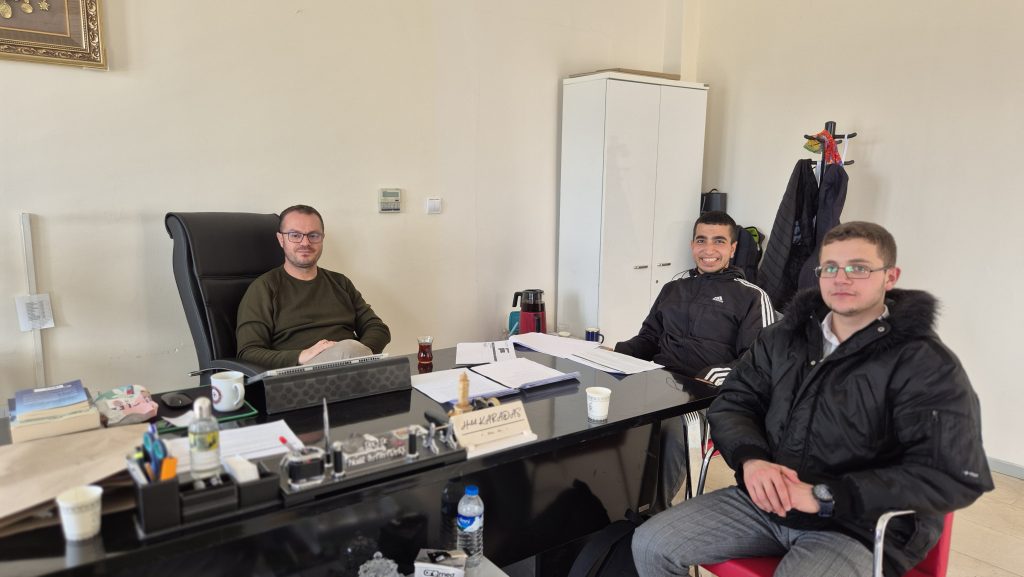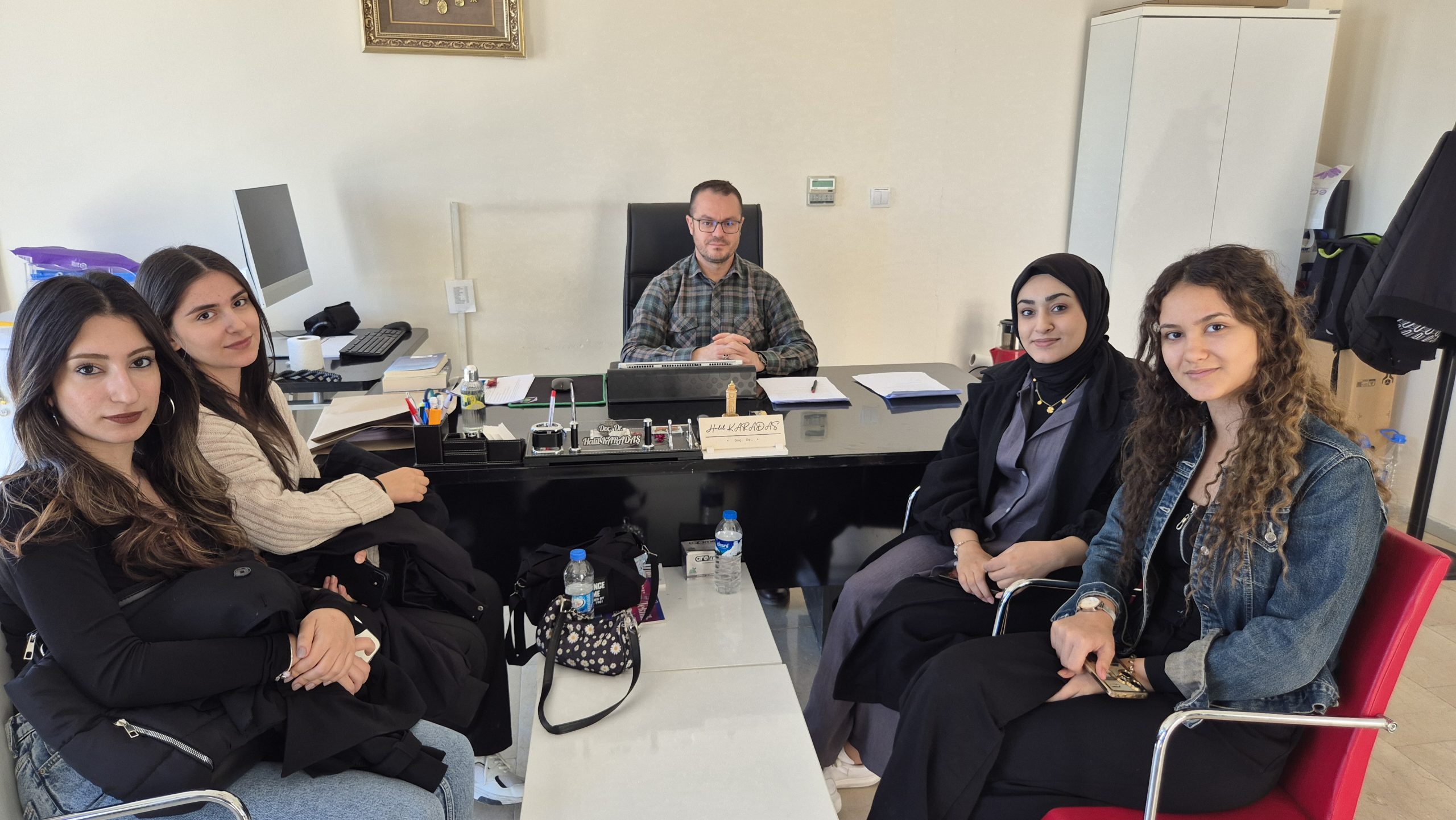Artificial intelligence is already in Turkish teenagers’ pockets and classrooms, yet most feel they watch policy from the sidelines. While Turkish Government is funding many AI ecosystem initiatives, young people want to see their voice more in decision making for AI integration into their life. To understand their needs and expectations, Genc STEM ve Egitim Arastirma Derneği from Türkiye brought 15 young people—high-schoolers (HS), university students (US) and youth leaders (YL)—into a national focus-group series and a follow-up co-creation sprint under YouthGovAI project. What they said (and built) points to a fresh roadmap for AI education and governance in Türkiye.
What the focus groups revealed
Passive participation. Most participants meet AI policy through seminars or social media “info dumps,” not decision rooms. “We get invited to listen, not to vote,” one university student noted.
Systemic blockers. Three barriers cropped up again and again:
- Information gaps—jargon-heavy content and no plain-language guides.
- Missing mentors—few adults ready to shepherd youth into governance spaces.
- Cost hurdles—devices, data and training that many families cannot afford.
Participants argued they bring digital fluency, creative “risk-spotting” and values that can future-proof policy—if they are given real authority.

Inside the co-creation sessions
The same group then sketched their ideal AI-literacy programme:
- Knowledge gaps. Everyone uses chatbots, but few grasp algorithms, bias or data ethics.
- Dream course. Modular, hands-on, and gamified—think “build a chatbot,” “audit a dataset,” then debate its ethics. Youth want to co-design content and keep it updated each term.
- Sustainability hacks. Cloud-based lessons, continuous teacher training and partnerships that span schools, NGOs and tech firms.
A roadmap from the ground up
- Create Youth AI Councils. Give under-25s voting seats on national and local AI boards.
- Close the literacy gap. Pair Python basics with bias-busting and deep-fake detection in every ICT or civics class.
- Make access affordable. Subsidise hardware and data packages; open free maker-spaces in youth centres.
- Gamify participation. Turn draft-law reviews into national hack-a-thons or TikTok explainer contests.
- Track inclusion. Publish who speaks (and who doesn’t) at every consultation ﹘ transparency breeds improvement.
Call to action Participant urged these: Schools, NGOs, ministries, start-ups: pick at least one step this quarter. Host a youth-led round-table; pilot the open-source course these participants envisioned; fund a micro-grant so rural teens can prototype AI solutions to local problems. Türkiye’s young people are ready to help steer an AI future that is innovative, fair and distinctly theirs—if we let them grab the wheel.
